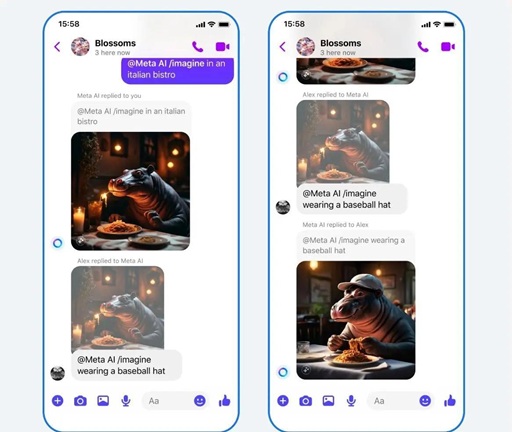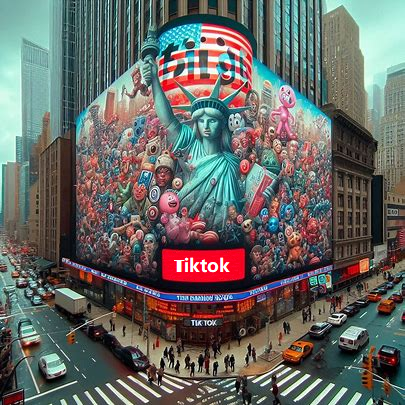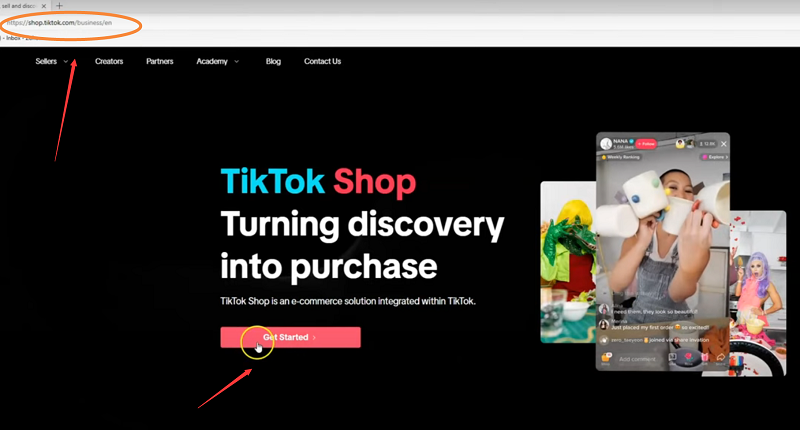In an era where artificial intelligence (AI) is reshaping industries, Meta’s latest experiment—integrating AI-generated comments on Instagram—has sparked both curiosity and debate. As social media platforms increasingly turn to automation to enhance user experiences, Meta’s move raises critical questions about the future of online interaction, authenticity, and the role of AI in shaping digital communities.

The Rise of AI in Social Media
AI has quietly become the backbone of social media, powering algorithms that curate feeds, suggest friends, and even detect harmful content. Meta, a pioneer in leveraging AI, is now testing a feature where AI generates comments on Instagram posts. This initiative aims to boost engagement, particularly for new creators and smaller accounts struggling to gain traction. But what does this mean for the platform’s 1.4 billion users?
How Does AI-Generated Commenting Work?
Meta’s AI system likely uses advanced natural language processing (NLP) models, similar to ChatGPT, trained on vast datasets of existing Instagram comments. By analyzing a post’s visuals, captions, and hashtags, the AI generates contextually relevant responses. For example, a travel photo might trigger comments like, “Stunning view!” or “Where is this?”. The goal is to mimic human interaction while reducing the “silence” of uncommented posts.
Potential Benefits: Engagement for All?
Leveling the Playing Field: Smaller creators often face the “engagement paradox”—needing comments to grow but lacking an audience to generate them. AI could provide a starting boost, making posts appear more popular and attracting organic interaction.
Consistency and Positivity: AI can ensure a steady stream of upbeat comments, potentially curbing negativity. For brands, this might mean safer, more controlled interactions.
Reducing User Effort: Users who struggle to articulate responses (e.g., non-native speakers) might appreciate AI suggestions, fostering inclusivity.
Concerns: Authenticity at Risk
Critics argue that AI-generated comments could dilute genuine human connection:
Generic Interactions: Over-reliance on AI might flood posts with bland, repetitive remarks (e.g., “Nice!”), making interactions feel robotic.
Trust Erosion: If users suspect comments are automated, they may disengage, questioning the authenticity of likes and shares too.
Spam and Misuse: Poorly regulated AI could spam posts or generate inappropriate content, echoing past failures like Microsoft’s Tay bot.
Ethical and Privacy Considerations
Transparency: Should Instagram label AI-generated comments? Users deserve to know if they’re interacting with machines. Meta’s silence on this so far fuels skepticism.
Data Usage: Training AI on user data raises privacy concerns. How does Meta ensure comments aren’t mined from private interactions?
Bias and Moderation: AI trained on biased data might replicate harmful stereotypes. Conversely, overly sanitized comments could suppress legitimate criticism.
User and Creator Reactions
Early feedback is mixed. While some creators welcome the potential for increased visibility, others fear inflated metrics might mislead brands. “If my engagement is fake, partnerships could backfire,” warns influencer @StyleBySasha. Users, too, are split: a Reddit poll revealed 52% oppose AI comments, calling them “creepy,” while 35% appreciate the support for emerging voices.
Comparison to Other Platforms
Meta isn’t alone in exploring AI-driven interaction. TikTok’s comment suggestions and LinkedIn’s automated post prompts reflect a broader trend. However, Instagram’s focus on visual content adds complexity—can AI accurately interpret images and context? Rivals will watch closely to see if Meta’s gamble pays off.
The Future: Balancing Automation and Humanity
If successful, AI-generated comments could pave the way for more advanced features, like AI-authored posts or real-time chat support. Yet, the core challenge remains: preserving the “social” in social media. Platforms must strike a balance—using AI to enhance, not replace, human connection.
Meta’s experiment with AI-generated comments on Instagram underscores the transformative potential and pitfalls of AI in social media. While the technology offers tools to democratize engagement, it also risks fostering a digital landscape where authenticity is negotiable. As users, creators, and regulators navigate this new frontier, the ultimate test will be whether AI can coexist with the genuine human interactions that define social platforms. The answer will shape not just Instagram’s future, but the evolution of online community-building itself.
As Meta continues its tests, one thing is clear: the conversation about AI’s role in our digital lives is just beginning.



